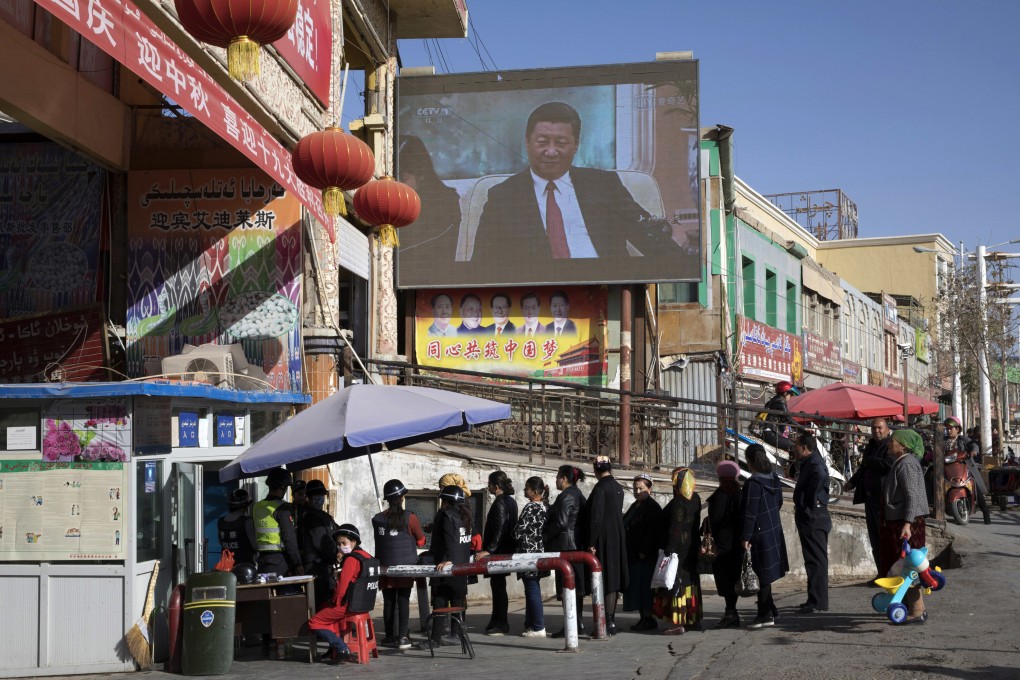UN human rights chief Michelle Bachelet ‘trying hard’ to publish Xinjiang report before leaving office but can’t offer guarantees
- Bachelet, who visited China in May, says she has received ‘substantial input’ from Beijing, which will need to be carefully reviewed before publication
- China is accused of extensive abuses against Uygurs and other mainly Muslim minority groups in the far-western region

Bachelet confirmed that she had received “substantial input” from Beijing on the long-awaited report, but could not guarantee it would be published before her tenure ends on August 31.
“We’re working on the report. I had fully intended for it to be released before the end of my mandate, and will try,” she said in Geneva on Thursday.
“Now we have received substantial input from the [Chinese] government that we will need to carefully review, as we do every time with any report with any countries.”
China has been accused of detaining up to a million Uygurs and other mainly Muslim minorities in re-education camps and using forced labour, accusations Beijing has strongly denied, saying its policies in the region are designed to combat terrorism and extremism.
“Following my visit to China, the report continued to be reviewed and finalised because we need to also look at what we have seen in China, it has to be reflected in the report. So I would say that is the situation, we’re trying very hard to do what I promised,” Bachelet said.